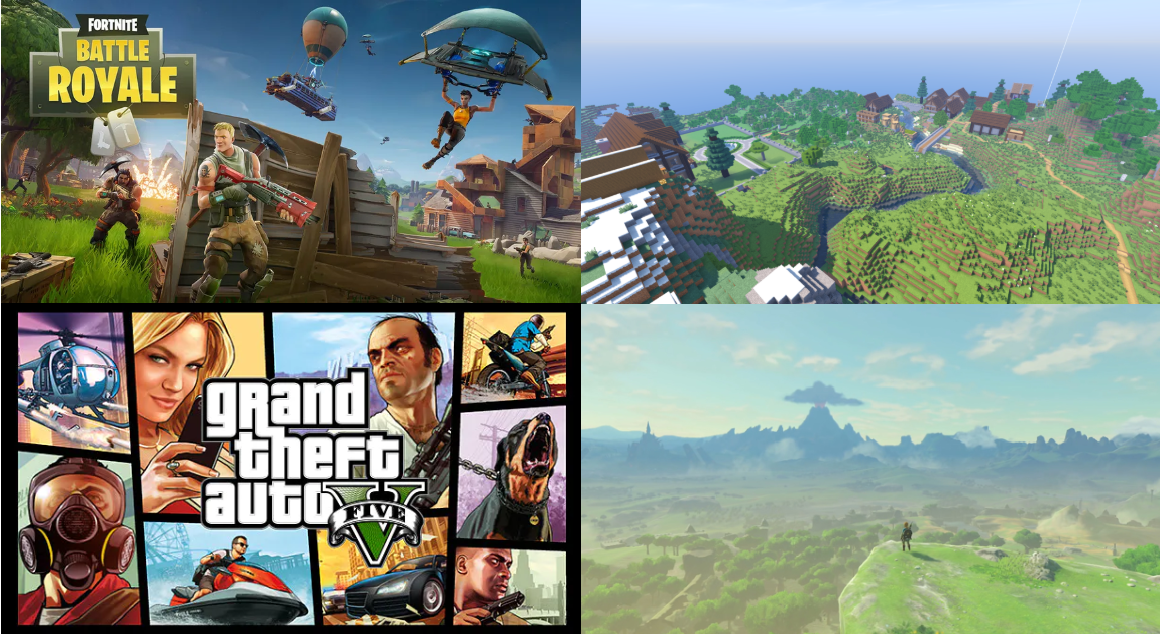It’s been an entire decade, and games have come a long way. Let’s revisit their journey together.
Methodology
This is a general overview of the decade starting in 2010 and ending in 2019 (despite previous reservations). The games, products, and events listed here are the ones I consider to have been the most influence and the biggest impact on gaming as a whole. Some of these titles were popularly received as games of the year by gaming publications, while others started trends or introduced features/phenomena that resulted in lasting change in gaming and the games industry. This is not a “best of” list, but rather a subjective compilation of the most important and impactful gaming events of the last ten years. Let’s go!
2010
2010 was a year defined by high-powered sequels and spinoffs that demonstrate the continuing relevance of the old & abused adage “if it ain’t broke, don’t fix it”. Most major publications gave their Game of the Year awards to either Mass Effect 2, Super Mario Galaxy 2, or Red Dead Redemption, all sequels following in the footsteps of a previous title released by a well-entrenched Triple A studio. That’s not all they have in common, though; they’re also all games I haven’t played. I know, I’m starting this piece off well by losing you right away, but I promise, it’s only up from here.
Games Done Quick – The biggest event in video game Speedrunning took off in January 2010. From $10,532 raised in this inaugural stream to a total of over $22 million, GDQ holds two regular events: week-long streams in both winter and summer, alongside a number of special speedrunning marathons, all dedicating money earned through donations to charity. The associated convention attached to each GDQ event is a sort of Speedrunning Mecca, and the events have only grown since, accounting for both attendance and money raised.
2011
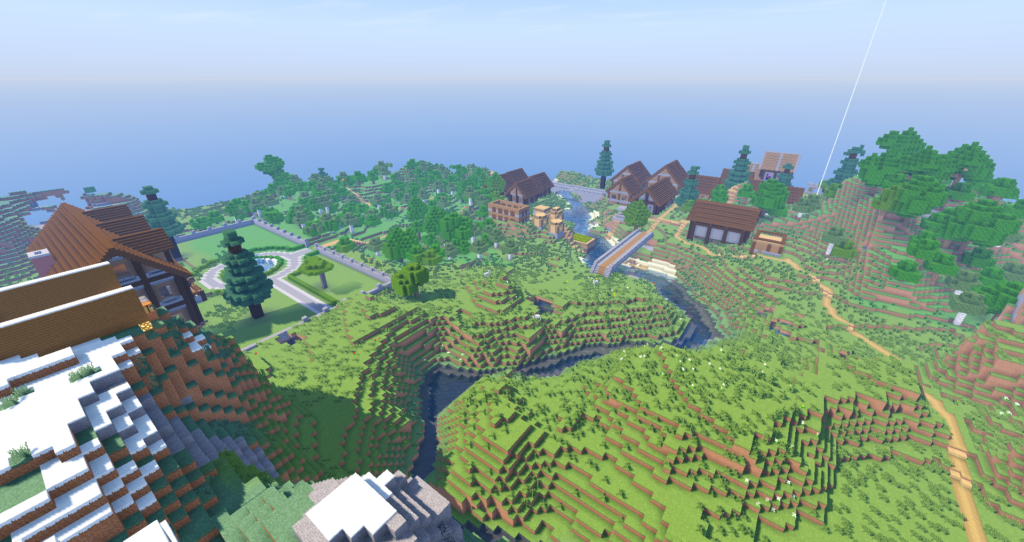
Minecraft – While it wasn’t exactly new, 2011 was the official launch year of Minecraft, marking its release from a period of early access that started in 2009. At and before its release, it’s hard to argue Minecraft was anything short of successful, but it was the 2010s that turned it from a niche indie title to an absolute phenomenon, and the largest game in the world. Once considered a simple and casual building game, Mojang’s flagship hit set the stage for the decade by popularizing the survival and building genres that future titles would build upon. Still, while games like Terraria and Fortnite take inspiration from this classic, it’s hard to argue that any have managed to iterate upon it. Even now, in 2020, Minecraft sits, without successor, atop its throne, the undisputed king of its self-crafted genre.
Skyrim – At the tail end of the decade, it’s easy to forget the juggernaut that Skyrim was for its earlier half. To be fair, Skyrim is still absolutely massive, well renowned for its longevity and availability. The most recent entry in Bethesda’s The Elder Scrolls series, Skyrim may have garnered a reputation to eclipse the series’ previous four titles. If the opening years of the decade were about video games breaking through into the cultural mainstream, Skyrim was in proud attendance as the RPG representative, responsible for introducing an entirely new audience to wide open fantasy worlds, (relatively) in-depth character choice, and, of course, the power of modding.
Dark Souls – 2011 was an immensely powerful year for gaming. Where Minecraft would come to inspire creative games and Skyrim would repopularize the open world RPG, it’d be a sin to not recognize Dark Souls for the revitalization of difficulty. Known for its unforgiving, demanding, tough-as-nails playstyle, Dark Souls would go on to inspire a generation of challenging titles, as well as a series of sequels and spiritual successors courtesy of From Software.

Twitch.tv – What can I say? It’s Twitch. Originally a spinoff arm of Justin.tv, Twitch has since come to preside over a revolution that carried video game livestreams to the mainstream. Over the decade, streamers upped their reputation from basement dwellers to potential millionaires, and the culture around streaming has become central to the thesis of modern gaming as a whole.
Portal 2 – The sequel that saw Valve’s relatively simple 2007 puzzle game developed into a significantly more complex, narrative-driven experience. Alongside the other giants that make 2011 a year to remember, it’s easy for Portal 2 to look small, but the uniqueness of its gameplay and the audacity of its characters solidify the title as a hallmark of the decade.
MOBA Championships – 2011 was the inaugural year for both the DotA 2 International and the League of Legends World Championships, events that would soon become massive cornerstones of the eSports scene. While League of Legends built slowly up to its championship over two years, DotA 2 jumped right in, holding The International years before the game itself had released. Today, they’re both still colossal eSports events with prize pools in the millions. They never pulled me in, and they couldn’t think of a better genre name than “Multiplayer Online Battle Arena“, but they seem to have managed well enough on their own.
2012
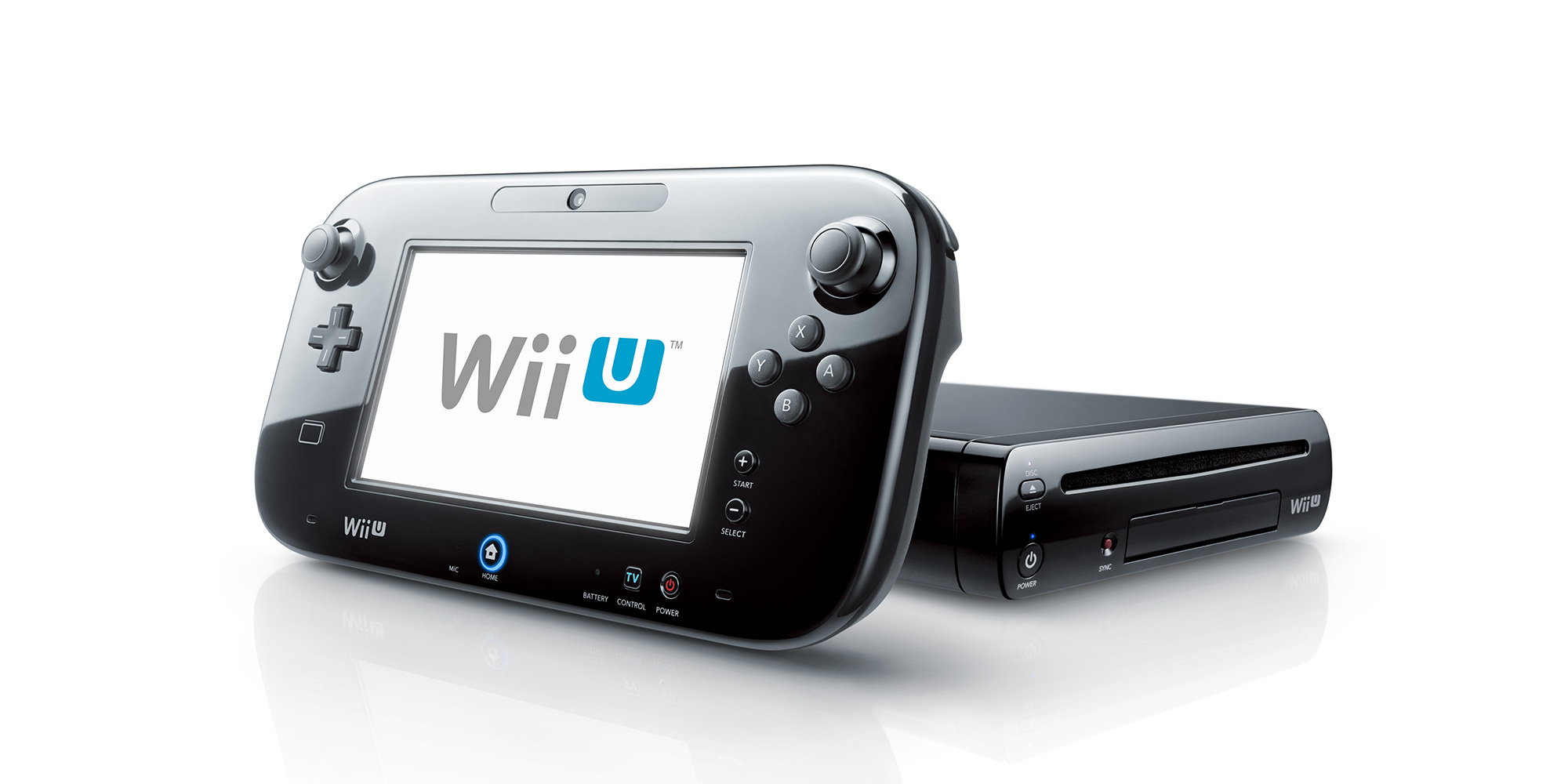
Wii U – Oh, humble Wii U, we hardly knew ye. Perhaps the best-standing legacy of Nintendo’s middle-generation console is the message of how to muddle a launch. Some may blame design, others a limited library. For many, the biggest problem with the Wii U may have been its marketing. Where its predecessor was well-known to consumers even before its launch, the Wii U never really distinguished itself as a standalone console, and it never had its moment on the main stage of gaming. Still, to attribute its financial failings to the total success of the console may be a bit unfair. I know I definitely had my share of fun with the (somewhat wonky) tablet controller. Perhaps the enduring success of the Wii U is that it undeniably served as the design inspiration for its successor, the Switch. Decoupling the controllers and slimming down the size of the unit would make it more easily palatable for consumers, but it’s possible none of that would have been if not for the awkward preteen years of the Wii U.
The Walking Dead – The Walking Dead was a game that launched a genre and a studio alike. Known then for being a well-received narrative-heavy, choice-driven game and now for being the title that opened the floodgates for the onslaught of similar games and series from Telltale (choice-driven story games that borrow from an established series), this is the same line that Telltale famously walked to financial ruin later on in the decade. Now, obviously, the situation is a little more complicated, just as the reputation of the studio’s games became more complicated as their complex narrative trees started to taper off into a few relatively similar conclusions. Still, it’s hard to argue Telltale didn’t leave a mark on the decade.
Also in 2012…
- Journey, XCOM: Enemy Unknown, Far Cry 3
2013

Grand Theft Auto V – Being the third best-selling game of all time, GTA V has easily earned a spot in the decade’s highlights reel by popularity alone, but the game’s continued online support also represents a popular shift in gaming. Grand Theft Auto was always a popular single player series, but the real money (and story) maker of GTA V is GTA Online, the title’s internet-based companion that launched in the months following the game. V isn’t the first in the series to include an online component, but easy-access content patches and monetization have made it less “the online component of GTA V” and more an online gaming world all on its own. Perhaps more importantly, Online‘s independent monetary success eclipsed the sales numbers of GTA V so quickly that it reportedly altered the production schedule at Rockstar Games completely, causing studio heads to scrap single player content in favor of more profitable multiplayer buyables.
The shift in focus from single-player narrative experiences to a more profitable open world environment was met with pretty rapid and plentiful criticism online, with some worrying that the altered business direction of this title would influence future Rockstar games and the games industry at large. So far, six+ years out, results have been mixed. Red Dead Redemption II launched in 2018 as a predominantly single player title with a similar multiplayer component to GTA Online, temporarily putting to rest fears about the death of single player, at least where Rockstar titles are concerned. Still, Red Dead Online is not without its controversies. In the background, GTA Online continues to print money, leading some to still question what the future of that series will be.
Beyond the cash, though, GTA Online made headlines more recently for its roleplay servers and experiences, active communities with dedicated members. A more recent news story cited the multiplayer space’s role as a surrogate for the 2019 Hong Kong protests, a potential early example of international geopolitics playing out in the digital space.
…we’ve come a long way from hot coffee.
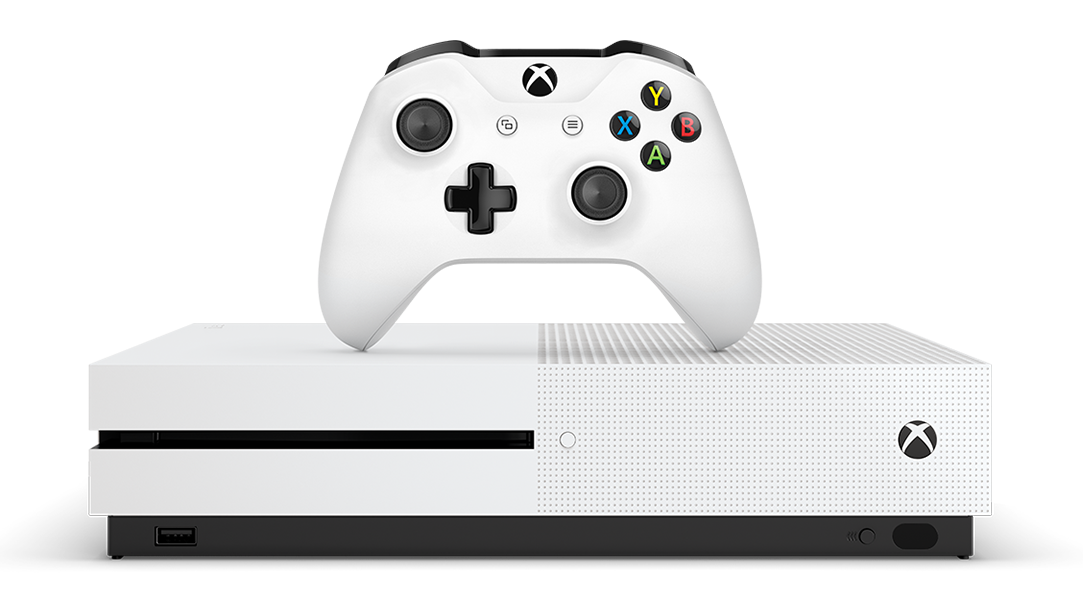
Xbox One – The Xbox One had a rough start in 2013. After being announced at a price point higher than its competitor, shipping with an always-online hardware requirement, and building a marketing campaign that pulled the console’s focus away from gaming, Microsoft’s entry to the current generation of consoles suffered from some pretty significant lag behind the PlayStation 4. In the years since, it’s slowly begun to close the gap, letting go of its always-online promise, removing the inbuilt Kinect from future versions of the product, and altogether stepping away from everything that made the Xbox a unique option at launch. Don’t get me wrong — these changes were positively-received, and for good reason, but it stands as an example to Microsoft’s good fortune that they had the money and good will to withstand a bad launch and a public disinterested in the product they initially wanted to sell.
The story of the Xbox One, its relative failure, and subsequent success, is the story of Microsoft going into 2020. The design choices going into the still-mysterious Series X are a direct result of the thought that came after the Xbox One, Microsoft’s very own Wii U-Switch situation. Falling short in the early part of the console generation has arguably made the Xbox stronger, at least to the benefit of the consumer. Microsoft’s willingness to pivot toward cross-platform play is a defining decision of the latter half of the decade, and the acceleration of the Game Pass program sets Microsoft on an entirely different trajectory going forward.

PlayStation 4 – Conversely, the PlayStation 4 benefited where the Xbox One struggled. Hot on the tails of Xbox’s “you can’t play used games anymore” fiasco, Sony focused its marketing hard on the new Xbox’s deficits and won big. As a result, Sony had the privilege of being able to start the new generation with a message of “the same thing, but better” while Microsoft struggled to pick up the pieces of a comparatively painful launch. Through the rest of the decade, the Playstation 4 has largely stayed the course. Make no mistake, it’s been home to a significant number of excellently-received titles and exclusives, but its path hasn’t largely deviated from that of its predecessor. Being the dominant force of the generation, the PlayStation 4 stuck to the sidelines as Microsoft and Nintendo altered their playbooks to accommodate for cross-platform play. Now, moving into a new console generation, it’s to time to tell whether or not Sony continues to rely on its strong brand consistency going forward.
Oculus Rift – It’s hard to nail down a date for the Oculus Rift. The pioneer of modern virtual reality technology, the Rift was first announced in 2012 and eventually released to the public in 2016, but I’d argue the influential zenith of the Rift’s career was its earlier days, following the release of the Development Kits, functioning Rift headsets designed for pre-release game and software development. This was before the Facebook acquisition, before heavy investment by HTC and Valve and everyone else. Today, the VR space is more muddled, with a lot more figures in play. Then, though, it was the Rift that kick-started the VR revolution.
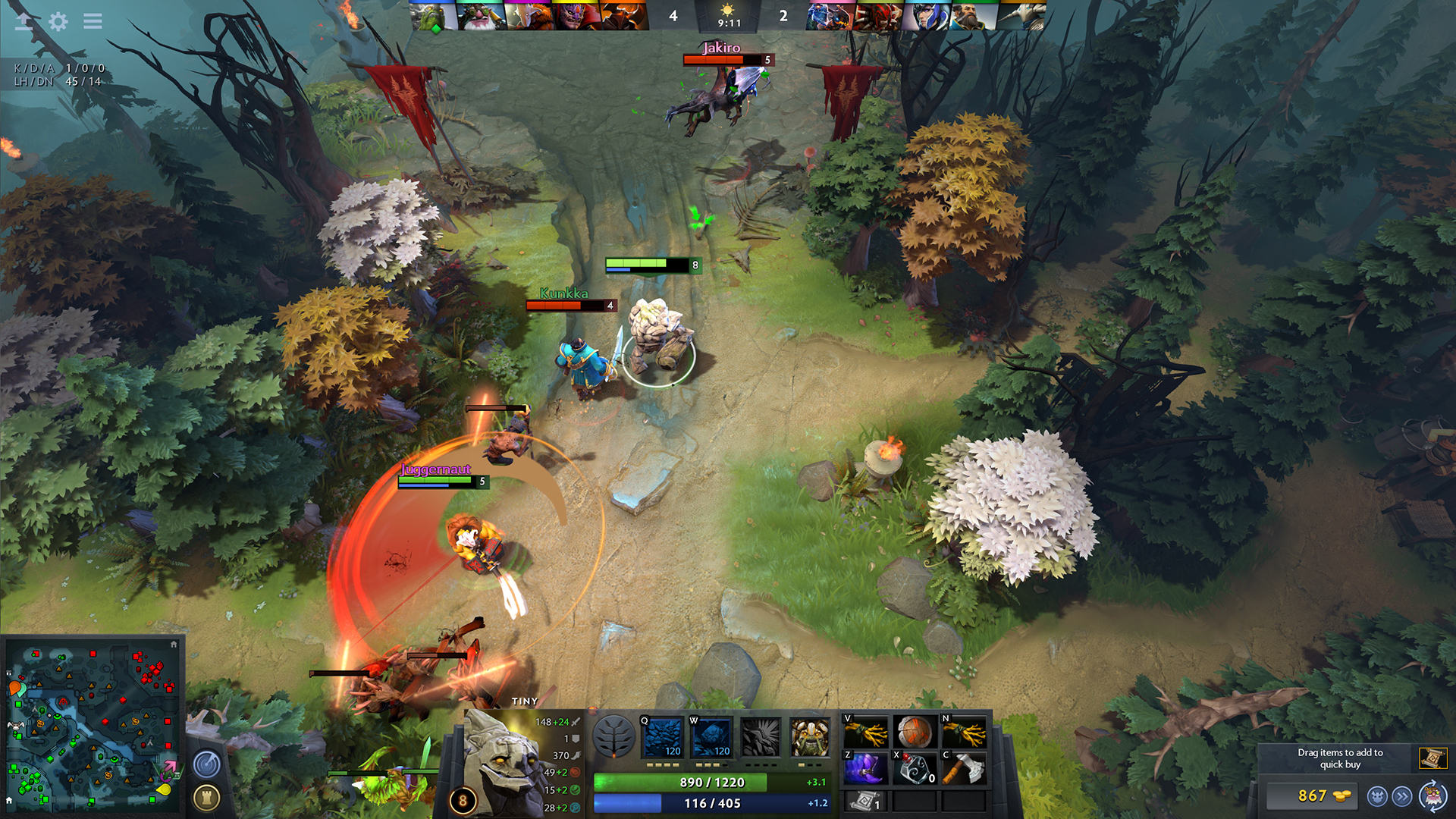
DotA 2 – Valve’s response to the monstrous success of Riot Games’s League of Legends launched to pretty immediate success. Years later, it’s a pretty permanent staple on Steam’s list of most-played games. I’ve never been into MoBAs, but I can’t discount their popularity, especially in the international audience. DotA 2 wasn’t the League killer it may have wanted to be, but it’s definitely managed to maintain a sort of arms race parity with its largest competitor in a sort of Coke-and-Pepsi relationship.
Also in 2013…
- The Last of Us
2014
Gamergate – Yikes. Do I want to talk about Gamergate? Not really. Searching for the controversy on Wikipedia led me first to the gamergate (gammer-gate), which is a type of reproductively-viable worker ant. Talking about that sounds more fun than resurrecting Gamergate.
…buuut, I think we have to acknowledge the controversial mid-decade event as one of relative historical significance. Gamergate was, to me, the first time the vitriolic hot and cold currents of video game discussion came together to create a tornado altogether worse than the sum of its parts. Years later, it’s hard to look back on Gamergate and believe any part of its constituent battles should have escalated to the level they did. With the benefit of hindsight, it’s easier to see that this was a sort of warning tremor, an indicator of the culture war to come, and that Gamergate as a whole was less about the events on the newsdesk and more a multilateral rebellion against the state of gaming, games journalism, and the cultural-political landscape as a whole.
Years out, my position re: Gamergate is a hopeful one. Even in our current environment, I think it looks more like a set of awkward preteen growing pains for the industry than a telling sign of the toxic future to come. I think (and hope) Gamergate was a learning experience for those most intimately involved, or at least an embarrassing figure fading against the horizon. Wishful thinking?
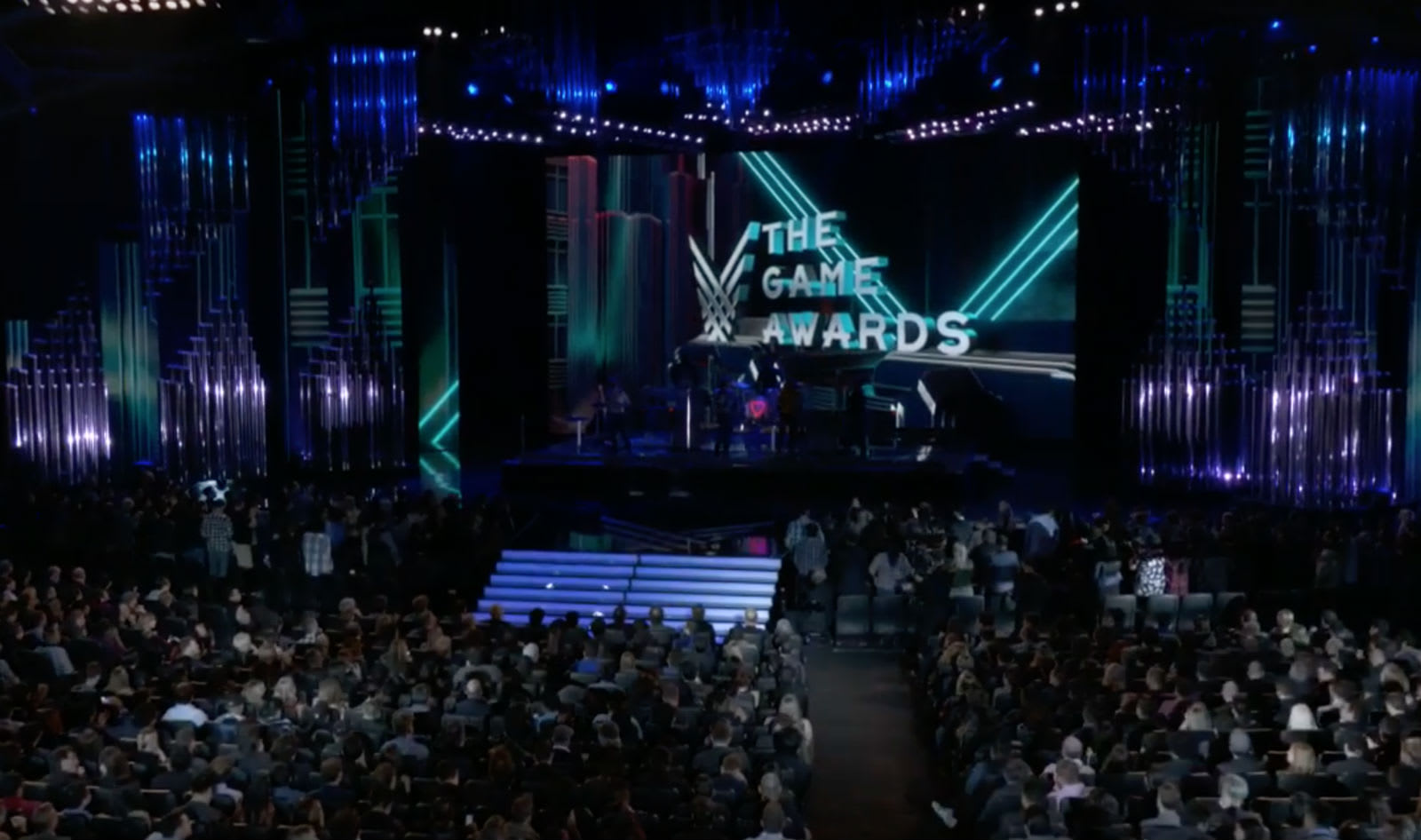
The Game Awards – Speaking of video game history: if there’s anything in games media that has the potential to go horribly wrong, to crash and burn in a fantastic way, it’s pulling together games industry professionals, online celebrities, actual celebrities, and gamers in an attempt to emulate the feel and presentation of a media awards show. I think the team behind The Game Awards has had to work considerably hard to make a seriously put-together event out of the unorganized mess or the games industry, and yet, they’ve done a pretty damn impressive job at it. The Game Awards are, at times, awkward and maybe a little boring, but the event is an otherwise remarkably impressive monument to the triumphs of gaming and the impact of the industry writ large. With the passage of time, The Game Awards have only grown in professionalism, attention, and level of care. It’s hard not to look forward to where they go from here.
Goat Simulator – Do y’all remember when Goat Simulator dropped and opened the floodgates for the “X Simulator” trend? Goat Simulator existed at a time when there seemed to be a unique appetite for silly games fed by the relatively laissez faire attitude held by Steam and its Greenlight program. Of all its generational kin, Goat Simulator may be both the trendsetter and the singular trend survivor. Is it a fantastic game? Not particularly, but do we remember it for its moment? Absolutely. I mean, I guess I do. I don’t know you.
Also in 2014…
- Destiny, Dragon Age: Inquisition, and Middle-Earth: Shadow of Mordor
2015
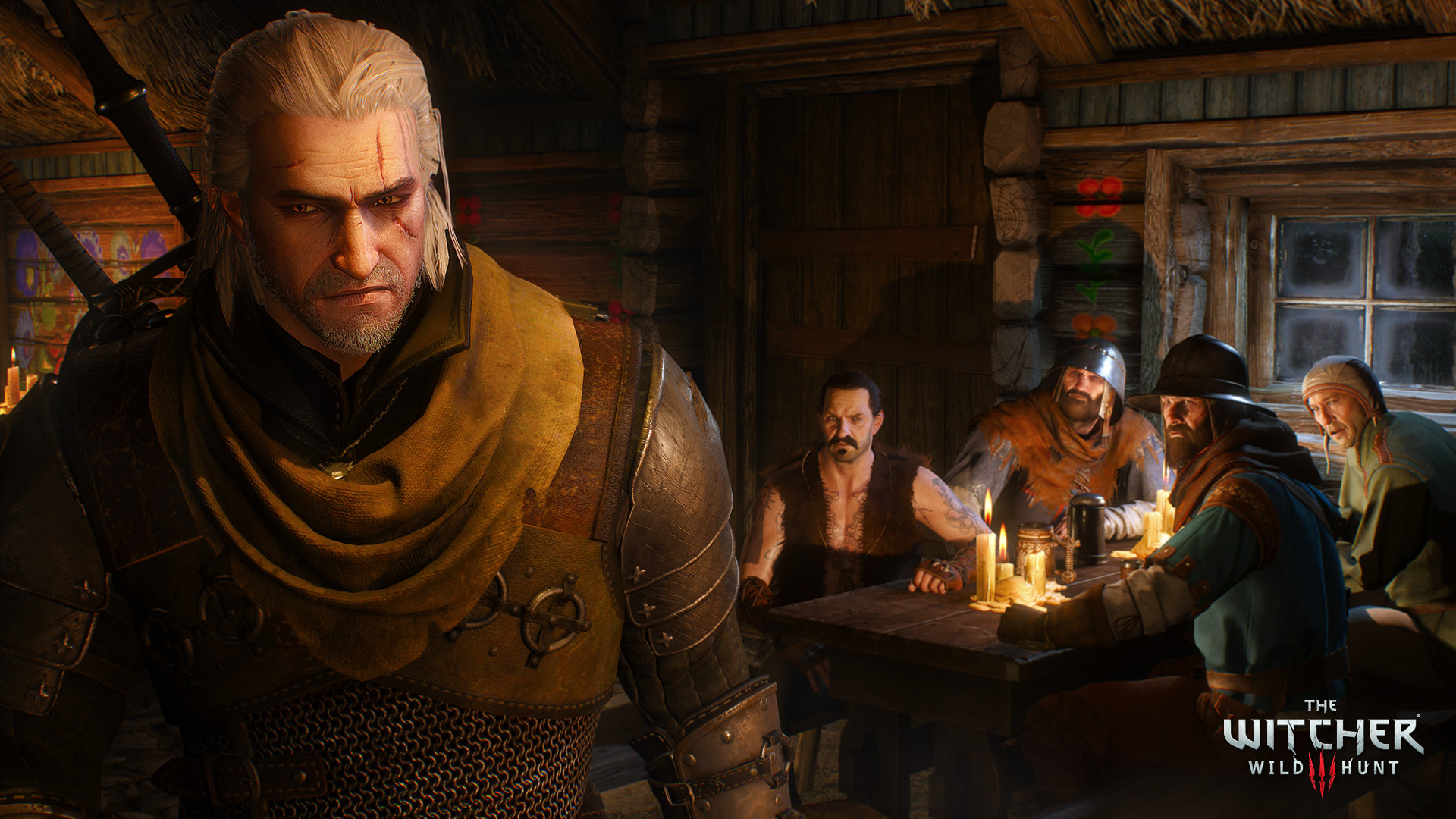
The Witcher 3: Wild Hunt – I still haven’t really sat down to get into The Witcher 3. I know, I know, it’s a nearly universally well-received masterpiece of gaming. I’ve started it, but something’s always there to pull me away. First it was college, then other games, then a big move. Maybe soon my excuses will run out and I’ll jump back in one last time.
Regardless, The Witcher 3‘s reputation precedes it. Widely lauded for its fascinating world, excellent characters, and compelling narrative, it’s hard to imagine CD Project Red’s (so far) magnum opus won’t continue to resonate in years to come, aided or not by the Netflix series inspired as much by it as it is by the book series that came before both of them.
Discord – I almost don’t remember gaming before Discord. I mean, realistically I do; it’d be wild not to. But it feels like Discord ushered in an era that should have always been. With one sweeping charge, it ended the era of Skype (where gaming is concerned), of dealing with Steam chat or the Voice-Over-IP protocols of old. I’m sure there are folks out there who look back with nostalgia at relics like Ventrilo and Mumble, but I’ve no such rose-tinted glasses. With its easily-navigable server and channel infrastructure and its free & easily-accessible functionality, Discord is a future I’m glad to embrace.
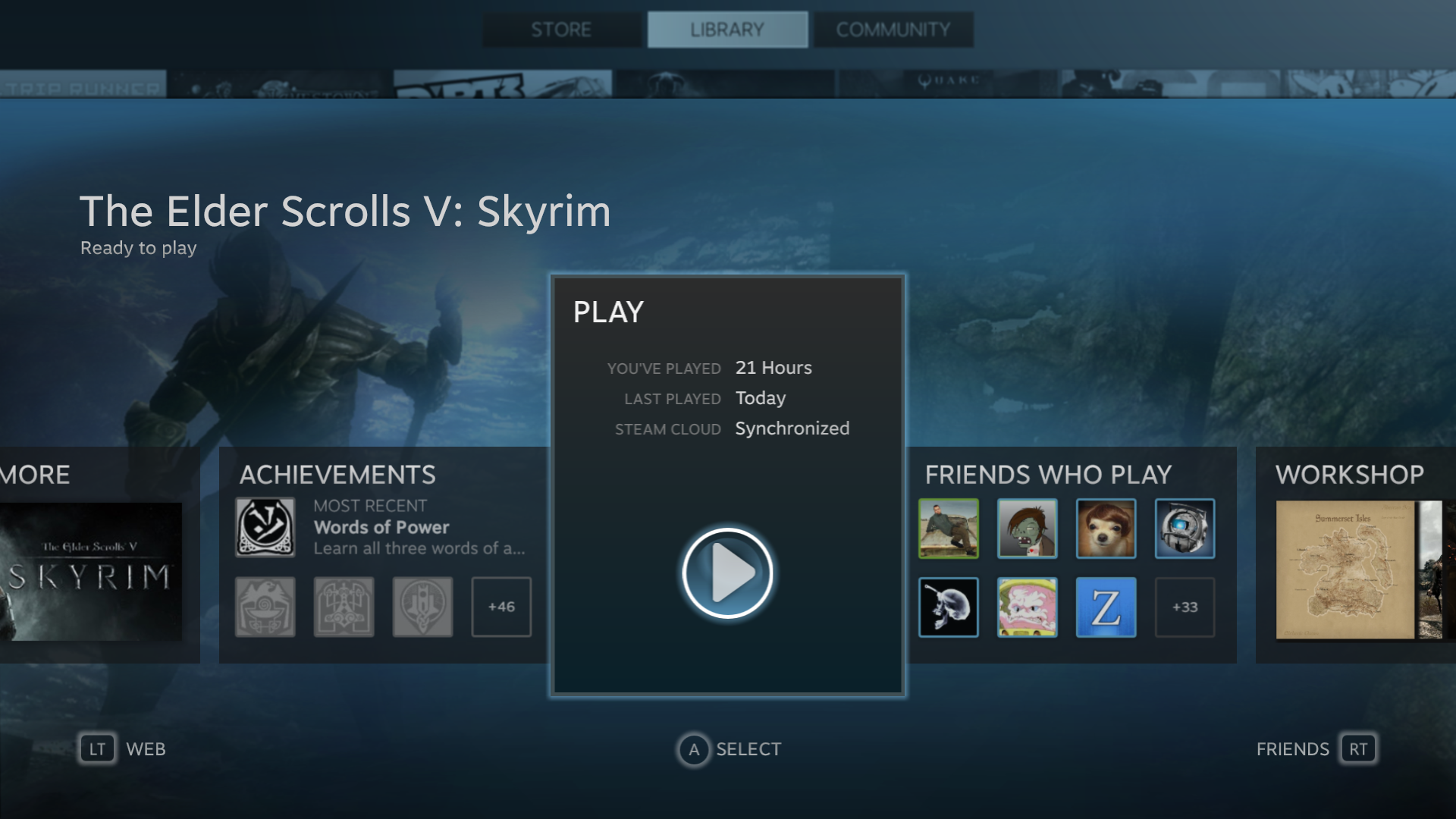
Steam Link/Big Picture – In terms of news coverage, the Steam Link hardware models faded pretty quickly. Indeed, after the initial run of Steam Link models, the line was discontinued, and I haven’t been able to find any evidence that Valve intends to resurrect it. I’m not surprised that the reaction to the Steam Link was lukewarm; this was 2015’s budget Stadia analogue, a technology that’s potentially very interesting but one that comes with a pretty huge asterisk in the form of internet compatibility. In other words, the value of the technology is completely dependent on the integrity of your internet connection. I never bought the Steam Link. I was lucky enough to find out it came built into our new TV. My experience with the technology has been mixed with a definite skew toward the positive; playing couch co-op without hauling down a laptop, charger, and HDMI cable is a lot of fun. The bugs and lag spikes are definitely there, but it’s altogether worth it for the experience.
My surprise with the Steam Link comes from its relative monolith status. If 2015 saw a model that mostly worked, where’s the 2020 model that does everything better? I suppose there’s an argument to be made that the Stadia fills that void, but I don’t want to have it.
Also in 2015…
- Undertale
2016
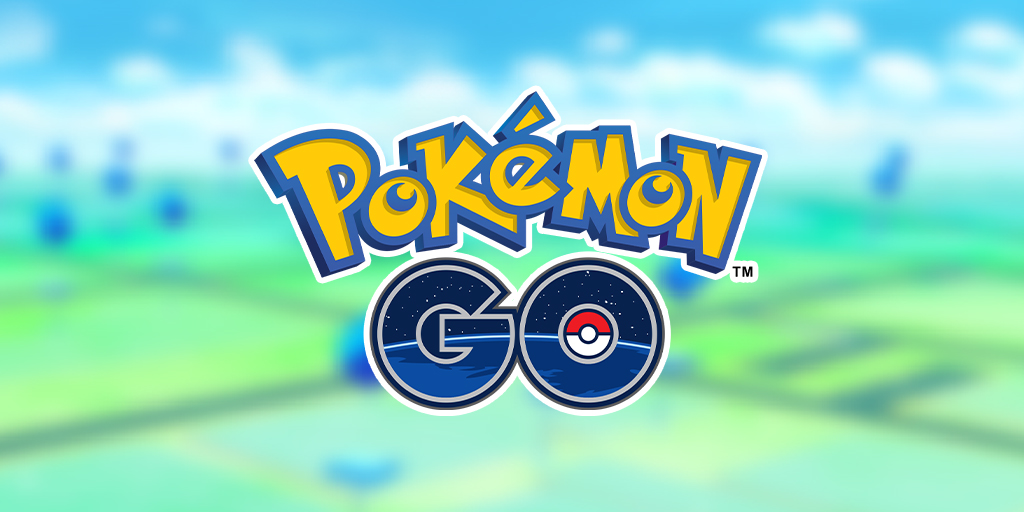
Pokemon GO: Placed along everything else in this list, Niantic’s Pokemon GO is kind of a standout title. The unique Summer 2016 title was a fast cultural phenomenon, inspiring folks of all backgrounds to take to the streets in the interest of collecting their share of the AR-rendered original 151, and finding considerable success in that endeavor. The “standout” here, though, is the relatively limited space Pokemon GO exists in. While the Summer 2016 Pokemon phenomenon ended, potentially due to gameplay loop stagnation, maybe thanks to the resumption of the academic year and colder Autumn weather, Pokemon GO definitely never died. Anyone who frequently uses public transportation or makes a habit of visiting well-trafficked public spaces will have seen a pedestrian or two joyfully tapping away at their screens, searching for new pocket monsters to collect along their commute. My surprise comes more from the absolute lack of growth in the Augmented Reality and outdoor exploration gaming spaces. To be fair, GO developer Niantic did launch a Harry Potter title, Wizards Unite, in Summer 2019, and the ongoing rollout of Minecraft Earth represents another attempted step into the potential market, but the early success of Pokemon GO has yet to be matched. Something like this may otherwise be dismissed as a dad, but GO seemed to tap into something uniquely satisfying, a gaming experience that managed to push friends and family outdoors to play. On paper, it sounds like a hard sell, but it worked, at least until it didn’t.
…but then again, maybe it doesn’t need to. The original draft of this piece ended with the snarky final sentence of the previous paragraph, but subsequent information has made me out to be quite a fool. Apparently, despite my own assumptions, Pokemon GO is not only steadily surviving, but thriving, with Niantic putting out numbers that suggest 2019 was the game’s most profitable year yet. Genre expansion be damned, maybe one game is enough.
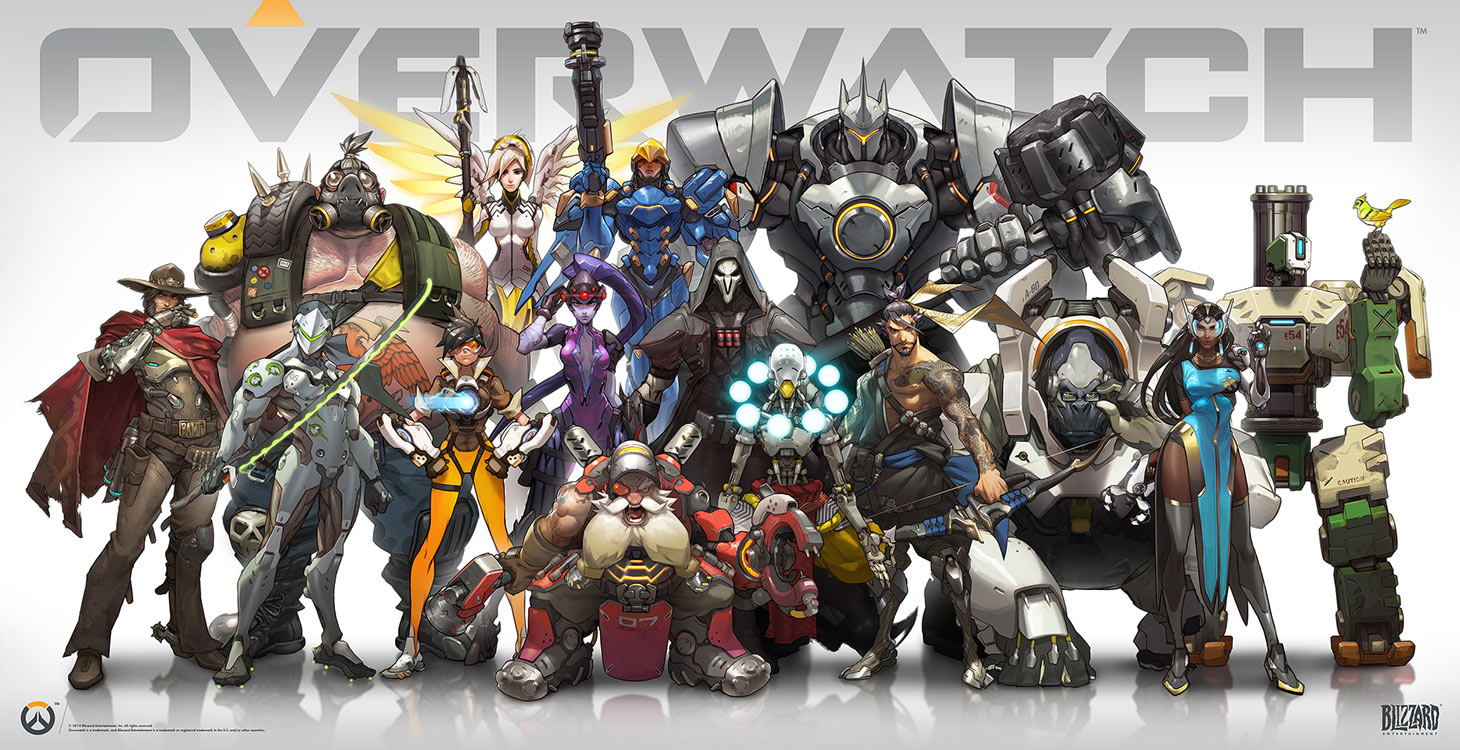
Overwatch – Overwatch was definitely one of my most-played titles of the 2010s. I’ve fallen off in the past year or so, but its satisfying gameplay loop and fun, class-and-objective-based combat gave me a lot of entertainment. Before the rise of the Battles Royale, Overwatch was a big moment in gaming, one Blizzard leveraged into the construction of a major eSports league. In its field, Overwatch is somewhat limited in it’s novelty. Even years out, it’s hard to forget that its entire concept rests upon the achievements of Valve’s Team Fortress 2 (which is not at all a bad thing — gaming’s underfed dinosaurs often do well with a little competition). Still, Overwatch took a proven success story, modernized it, gave it a fresh coat of paint in a set of interesting characters and (sort of) lore, and created an innovative and entertaining gameplay experience.
In recent years, a huge component of Overwatch’s development has been its focus on its self-sponsored eSports market, one of the (if not the) first to emulate a geographic market-based team sports model seen elsewhere in professional sports. The response to Blizzard‘s eSports focus has been mixed. For fans, it may very well work. In my circle of friends, the flow of resources to the eSports side of the business seems to have directed them away from core development, leaving the game to stagnate as the environment changes around it. What was once a game full of regular content drops and fun events has come to, in my opinion, rest on its otherwise well-earned laurels.
With Overwatch 2 on the horizon, it’s hard to imagine what comes next. It’s possible the growth we’ve been waiting on has been locked behind the development of that sort-of-but-not-really-a sequel, but it’s also possible the lack of commitment to developing either a full sequel or an expansion to the existing game will combine with the lukewarm reception of its announcement and lead to a less-than-heroic future for the series.
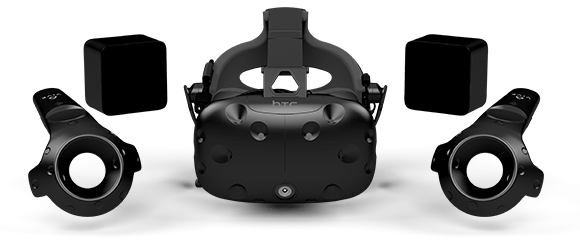
HTC Vive – Officially, the Vive and the Oculus Rift launched the same year. By 2016, though, the Rift had fallen pretty far in favor, giving way to the rise of the Vive. The collaborative effort between Taiwanese electronics company HTC and Valve produced a reliable model that would become one of the first affordable(ish) and reliable consumer VR headsets.
Also in 2016…
- Stardew Valley
- Minecraft hits 100 million players
2017
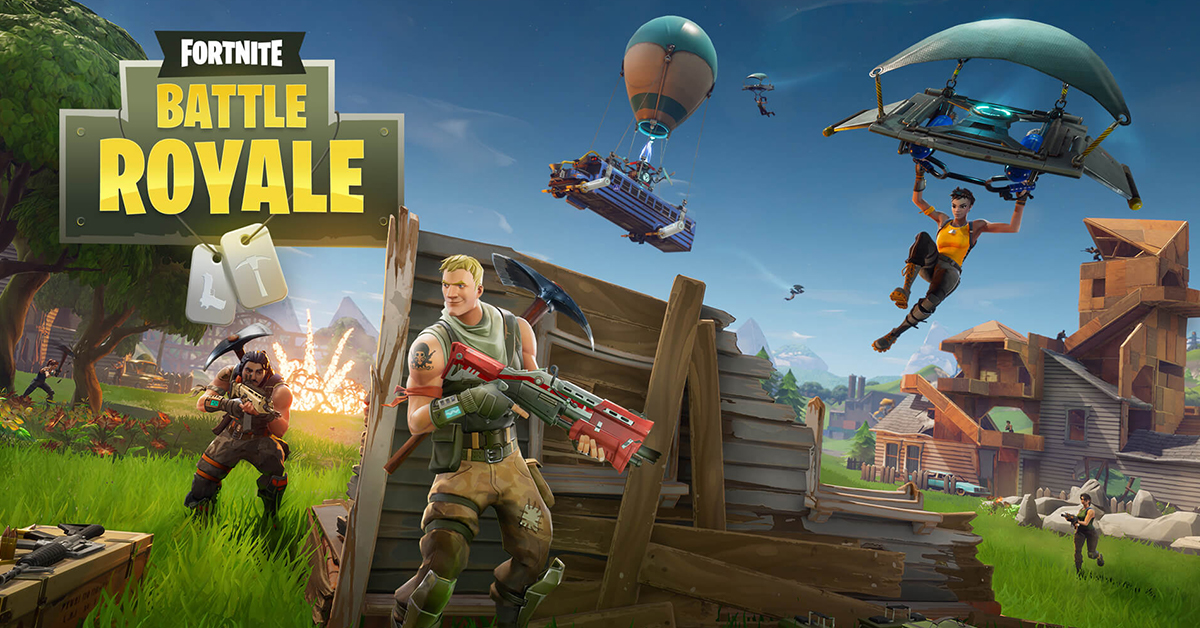
Fortnite: Battle Royale: Where previous titles of the 2010s brought gaming into the mainstream, it was Fortnite that made it formidable. It’s easy to over-attribute the success of gaming at the tail end of the decade to its biggest moneymaker, but it’s hard to deny the massive amount of industrial growth and respect commanded by the cartoony Battle Royale title. What started (and almost failed) as a quirky survival game with an incredibly niche audience bloomed into the fastest gaming phenomenon of the decade when Epic Games launched Battle Royale as the existing Fortnite‘s free-to-play multiplayer companion.
Again, it’s easy to over-attribute elements of Fortnite’s success, but it’s super important to recognize the title for what it did. Player Unknown’s Battlegrounds paved the way for Fortnite and popularized the Battle Royale genre, but it was Fortnite‘s free-to-play business model, cartoony aesthetic, and creative building mechanics that earned it its crown and tremendous audience. Fortnite also benefited from its simultaneous attraction of FPS players, streamers, and the Minecraft/Roblox generation of children. Fortnite catapulted gaming into the mainest of streams, and launched the careers of a number of high-profile streamers. With the cultural echoes from the kids who will forever be able to perform all of the game’s stolen dances and the increased industry attention to the huge prize pools now available to video game professionals, the legacy of Fortnite is playing out on the main stage.
Today, Fortnite is in decline. Its earnings in 2019 fell 25% from 2018, according to The Verge. In absolute fairness, that’s still $1.8 billion, down from a high water mark of 2.4 billion. With those figures, it’s hard to claim the giant is in its death throes. Would-be giant killers like Apex Legends have failed to dethrone this current titan, and it’s hard to pick out anything in the current gaming space with potential to try. Fortnite may continue to decline into 2020 and meet its death early on in this new decade, or it may recover and maintain dominance for years to come. More reasonably, it wouldn’t be a surprise to see the title continue to decline slightly as it fades from phenomenon status but retains its still-dedicated audience. Regardless, Fortnite‘s high profile moment makes it an easy fit into the annals of gaming history.
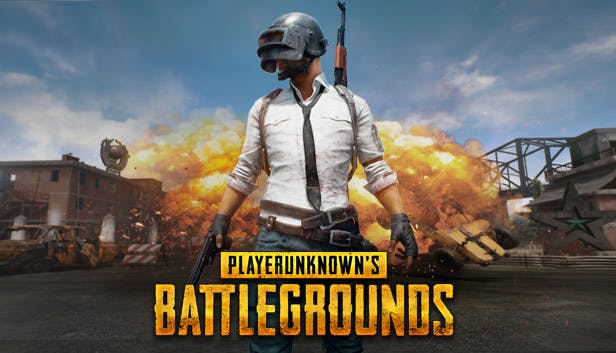
Player Unknown’s Battlegrounds – The major progenitor of the Battle Royale genre, PUBG may not have invented the concept it’s most famous for popularizing, but it popularized it nonetheless. It’s easy to forget behind the monstrous success of Fortnite exactly what PUBG was at its height. If Fortnite is the moment when streamers made it big in 2017, PUBG was their warmup. Even as Fortnite begins to (slightly) fade, the 100-man airdrop onto an ever-shrinking island of death continues to be iterated upon, all thanks to Grandpappy Battlegrounds.
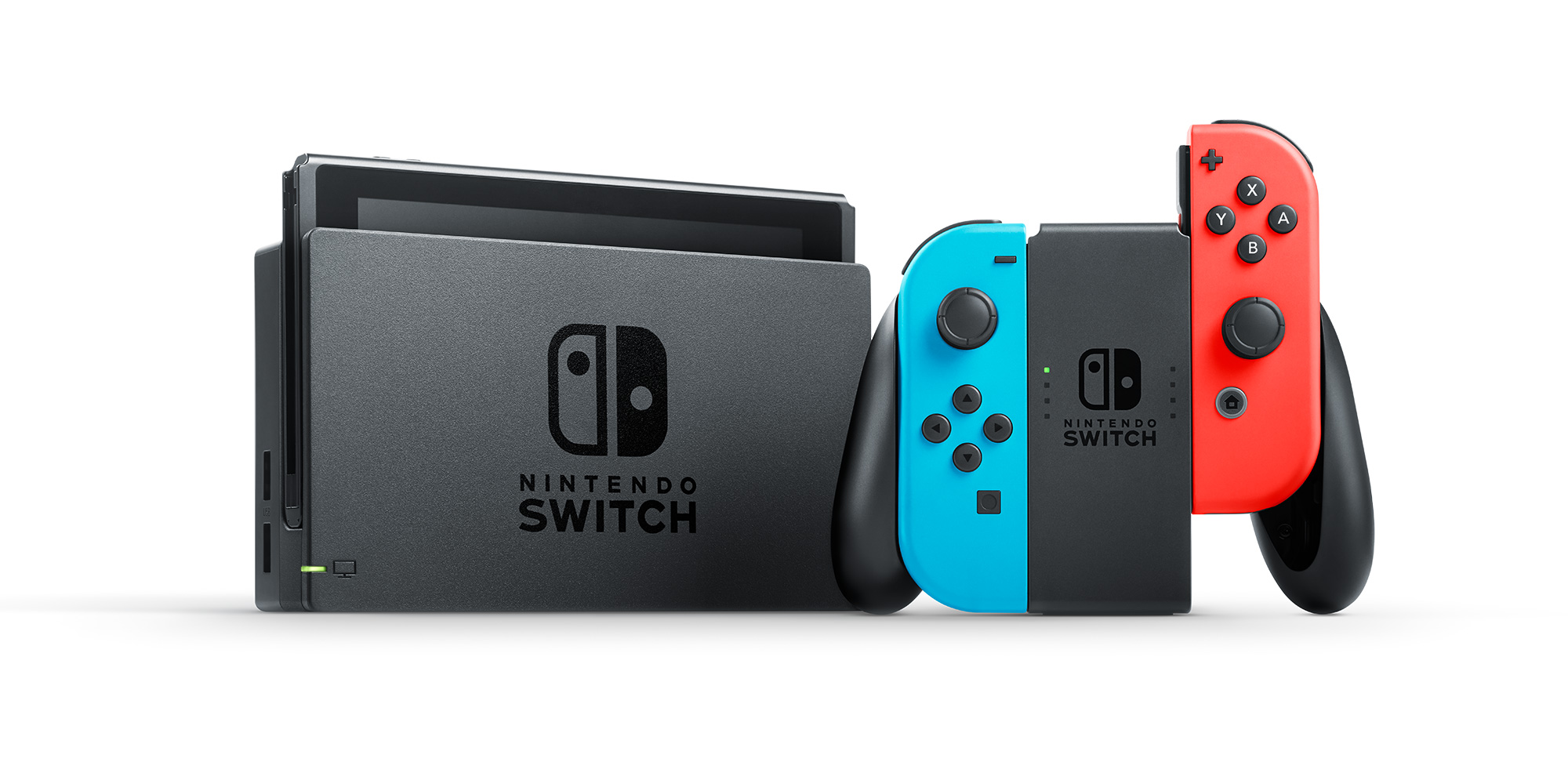
Nintendo Switch – Staggering from the disappointing figures of the Wii U, Nintendo had to do something big to win back the Wii U’s extremely wide audience. Their answer was the Switch, a console that continued Nintendo’s out-of-the-box trend of home console development that started with the Wii. Much like the Wii was revolutionary for its strong focus on motion controls and ability to engage the whole family in gaming, the Switch was revolutionary in its unique hybrid design, allowing players the ability to play the same games on the same system handheld or on their TVs. Nintendo also innovated again with their controller design. Where the Wii U’s tablet controller took a sort of one step forward, one step back approach by including the handheld screen but limiting the possibility for motion controls, the Switch improved on the design by making the controllers detachable from the unit, allowing players to alternate between a more Wii U experience and one that better matched the free-range movement of the Wii remote.
To me, the Switch is a fascinating and wonderfully entertaining console that reminds me of the value of console gaming in the late 2010s. If I’m going to spend time playing games on a console, I want it to be able to do something my PC can’t. Here, Nintendo delivers beautifully every time.

The Legend of Zelda: Breath of the Wild – Breath of the Wild is a launch title done right. Nintendo’s reinterpretation of the long-standing Legend of Zelda series was immediately met with near-universal praise from critics and players alike. It’s hard to describe what makes Breath of the Wild so fun. It’s not the first open world game, its world isn’t the densest, and its story isn’t the most impressive, but where Breath of the Wild really shines is in both its creative aesthetic and its fearless innovation across the title. In a gaming space that often eschews innovative reinterpretation in favor of classically proven blueprints with a sprinkle of unique experimentation, Breath of the Wild stood out as a title that wasn’t afraid to give a host of new mechanics a shot. The title’s core gameplay loop took cues from both traditional RPGs and survival games, introducing some concepts that really worked. For example, while cooking as a mechanic in gaming isn’t new, Breath of the Wild is one of the first times it’s been fun. Searching for ingredients and easily combining them to create a compilation of dishes for healing and situational survival is enjoyable and it forms a unique core to the game that serves to underscore the value of health and damage as much as it does to flesh out the breathing world of Hyrule. The game’s climbing mechanic, which allows you to exchange stamina for almost unlimited vertical mobility (provided it’s not raining) offers a fantastically entertaining view of verticality largely unseen in the RPG space. Unique abilities like object-based time dilation and the summoning of ice blocks and bombs add a creative edge to the player’s exploration of the world.
Maybe I’m just making up for the fact that I never wrote a review of Breath of the Wild, but the title really was that fun. So far, I haven’t personally seen a ton of BotW‘s mechanics appear outside of its own realm, but the game’s impact and reception alone makes it a no-brainer component of this list.

Super Mario Odyssey – As much as I enjoyed Breath of the Wild, Super Mario Odyssey may just be my favorite game of 2017. I’m a big fan of the Super Mario 64 playstyle, and while the Mario developers may not have innovated quite as much as their Hyrulian counterparts (Hylian is a race), Odyssey is still a beautiful and innovative experience. The core gameplay of throwing Mario’s hat to take control of allies and enemies alike is super compelling and makes for a unique and challenging puzzle experience. Beyond that, the worlds and gameplay spaces of the title rival 64 in their creativity and how fun they are to explore.
Odyssey is neither the longest nor the most challenging game out there. Indeed, since I finished it, I’ve barely touched it to hunt for more moons or attempt the endgame boss battles. Still, Odyssey is some of the most fun I’ve had on my switch, and that’s worth something.
2018
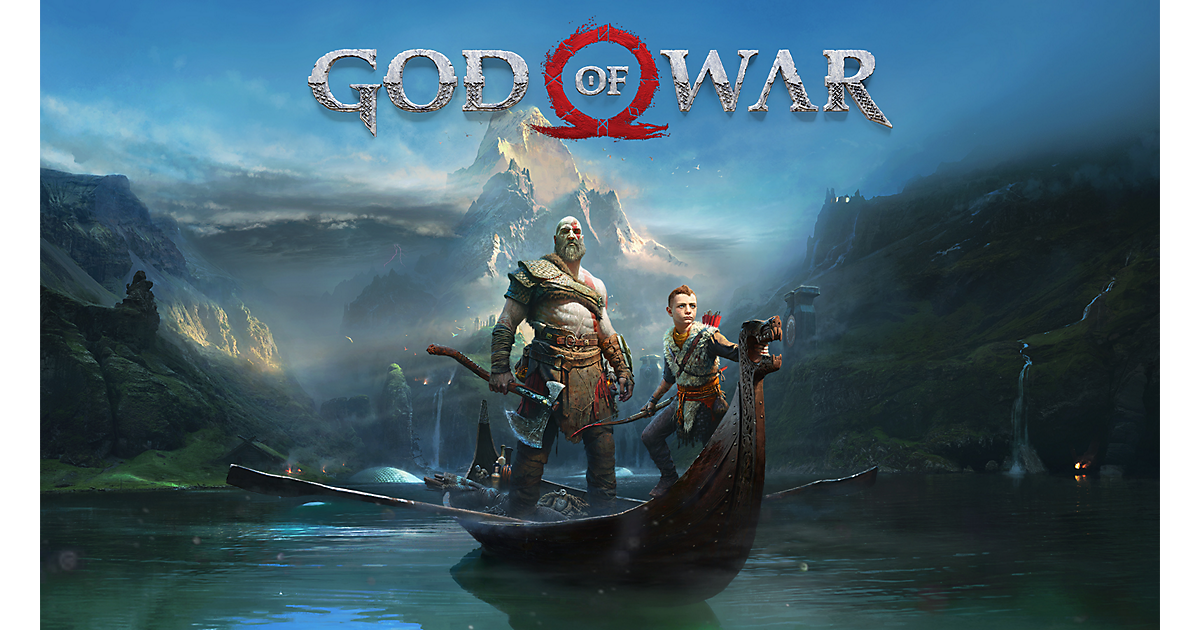
God of War – God of War brought the reboot back into vogue. This slight reinterpretation of the already-successful and well known series brought it significant critical acclaim and offers a window into the latter half of the decade, when the “if it ain’t broke, don’t fix it” model of the earlier years had begun to fade away into appeals to put the old systems out of their misery and innovate. In God of War‘s case, retooling a working machine worked wonderfully.
Also in 2018…
- Tetris Effect
2019
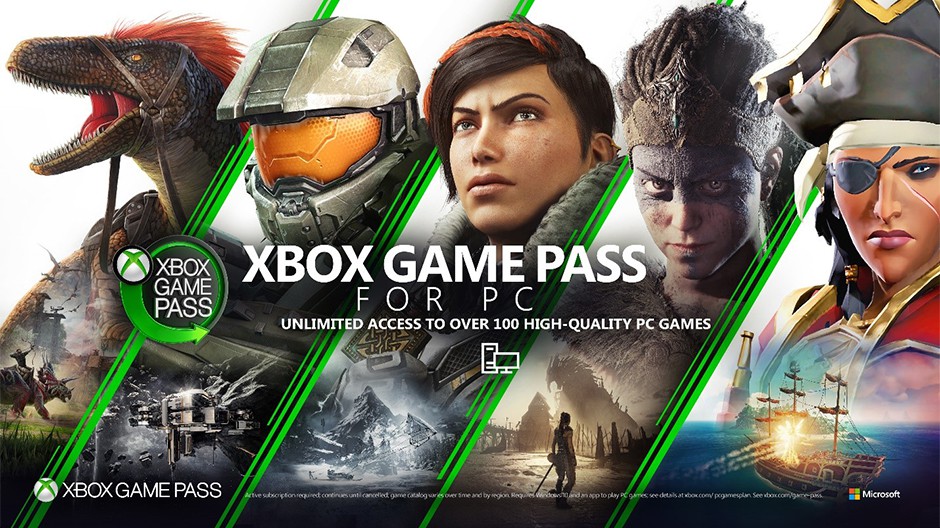
Xbox Game Pass for PC – It’s always hard to tell less than a year out what will still be considered meaningful another decade on. This year, Xbox Game Pass on PC surprised me. At a considerably low price point, Microsoft finally acknowledged the substantial PC audience in a meaningful way. More than Games for Windows Live, more than the Windows Store, Xbox Game Pass finally appeared to recognize the wildly growing sect of PC gamers that largely exist on Windows machines. Game Pass has given me a chance to experience titles I wouldn’t have spent money on otherwise, and that’s led to some pleasantly surprising experiences. The service’s launch so close to the beginning of a new generation has the capacity to instill hope for a new direction to come with it, if Microsoft can stick to the program they’ve set out for themselves.
Also in 2019…
- Disco Elysium, The Outer Wilds, The Master Chief Collection (PC)
- Fortnite hits 250 million registered players
- PewDiePie hits 100 million subscribers on YouTube
… and that was the decade. It wasn’t everything that happened in gaming, but it was most of what matters. Realistically, as with everything on this site, this piece is limited by my own experience. There are some games I couldn’t write much about or that I chose not to write about at all because I haven’t played them. Some were groundbreaking enough that I could write about their legacy, but I decided to err on the side of brevity for others when some of the blurbs I’d written waxed a little too fake. Still, I think this piece provides a pretty broad overview of the 2010s, and I hope I’ve summarized the major moments well enough. If there’s anything you really think I’ve missed, though, feel free to let me know! Join us in the ExLudico discord server or send me something on Twitter @ExLudico.
Here’s to another bright and beautiful decade spent inside.
